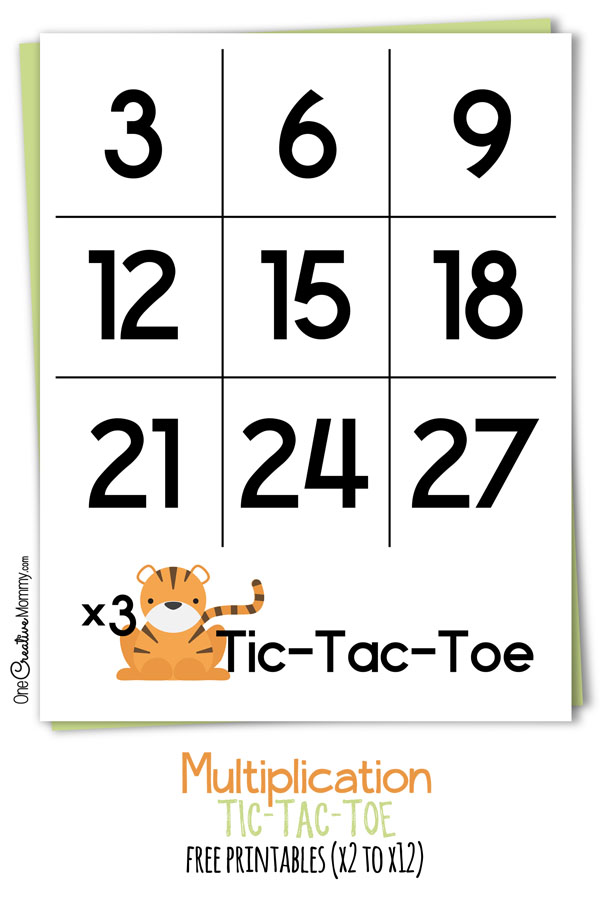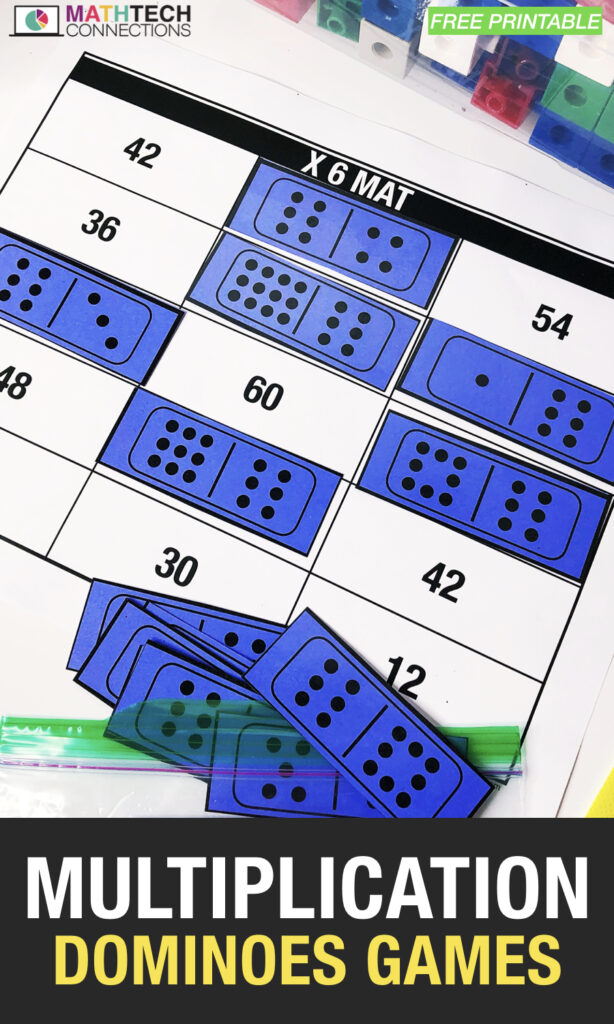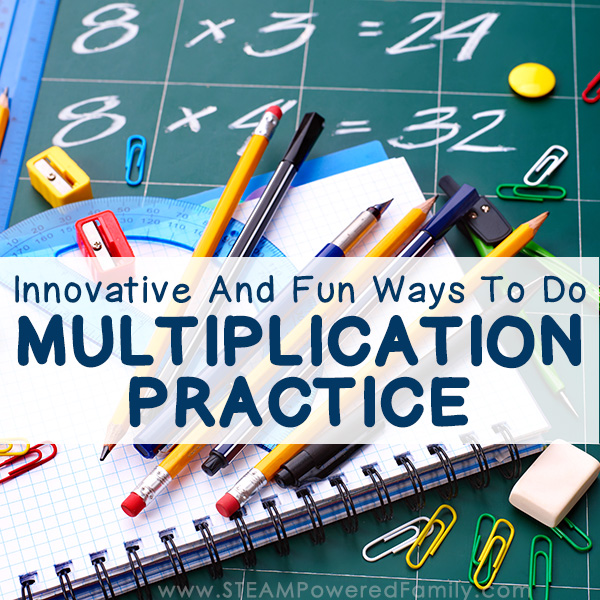
After you beat all 3 rounds there are level select buttons for each of the 3 rounds at the bottom of the screen. When you complete a round you can then select to move on to the next round from the round completion screen using the green and yellow button under “Next Round” at the bottom of the screen. Each round uses slightly larger numbers in it than the prior round. In some cases you can’t use stars right away, so make other matches quickly so that you can use the star before it goes away. If the tile with a star on it is a 1 and you are using multiple other tiles be sure you click the 1 tile first, otherwise you could complete the multiplication without using the 1 tile. If you use that tile as part of a multiplication while the star is still showing you will earn a star. Some tiles will show a star on them for a brief period of time.  The goal of the game is to clear all tiles from the playing field as fast as possible, however if you have a single tile left that still counts as clearing the playing field. If you use tiles from the center of the playing filed then other tiles collapse inward to fill in some of the space. Tiles which are used in a multiplication are removed from the playing field. You can click from any tile that is in your set to any other tile which is above, below, left, or right of it. If there are a number of 1 and 2 tiles near other tiles you could click on many of them to use many tiles. There is no limit on how many tiles you can use at once. Your current equation is shown at the bottom of the screen. Tiles you multiply can be above, below, left, or right of the first tile you select. If one tile is worth the target sum then you can click on an adjacent 1 to multiply the number by 1. You must multiply at least 2 tiles together to get the target product. Tap the tiles with your finger to select them. Then click on an adjacent tile to multiply the numbers together. Use your mouse left click to select a tile. While you are actively playing your web browser automatically stores your high score for each of the 3 levels, though if you close the browser the data is erased. Click on the black play button on the tutorial screens to skip into the game, then click the yellow and green play button at the bottom of the screen to start the first level. Click the lime green GO button at the bottom of the game’s welcome screen. Click the green and white button on the game loading screen. The first player to win an agreed number of rounds (say 10) is the winner.Tap adjacent tiles to multiply them together to create the product shown at the top center of the screen. Instead of capturing and counting prisoner cards, the winner of each skirmish scores one point, with the scores being recorded on a piece of paper. The player with the most cards in his prisoner pile is the winner. The player to the right wins the skirmish.ģ.
The goal of the game is to clear all tiles from the playing field as fast as possible, however if you have a single tile left that still counts as clearing the playing field. If you use tiles from the center of the playing filed then other tiles collapse inward to fill in some of the space. Tiles which are used in a multiplication are removed from the playing field. You can click from any tile that is in your set to any other tile which is above, below, left, or right of it. If there are a number of 1 and 2 tiles near other tiles you could click on many of them to use many tiles. There is no limit on how many tiles you can use at once. Your current equation is shown at the bottom of the screen. Tiles you multiply can be above, below, left, or right of the first tile you select. If one tile is worth the target sum then you can click on an adjacent 1 to multiply the number by 1. You must multiply at least 2 tiles together to get the target product. Tap the tiles with your finger to select them. Then click on an adjacent tile to multiply the numbers together. Use your mouse left click to select a tile. While you are actively playing your web browser automatically stores your high score for each of the 3 levels, though if you close the browser the data is erased. Click on the black play button on the tutorial screens to skip into the game, then click the yellow and green play button at the bottom of the screen to start the first level. Click the lime green GO button at the bottom of the game’s welcome screen. Click the green and white button on the game loading screen. The first player to win an agreed number of rounds (say 10) is the winner.Tap adjacent tiles to multiply them together to create the product shown at the top center of the screen. Instead of capturing and counting prisoner cards, the winner of each skirmish scores one point, with the scores being recorded on a piece of paper. The player with the most cards in his prisoner pile is the winner. The player to the right wins the skirmish.ģ. 
The player whose cards represent the highest value wins the skirmish, placing all of his own and his opponents cards into a prisoner pile.Īs an example, in the image below the player to the left would score 8 x 1 = 8 and the player to the right 2 x 5 = 10. Each player multiplies the factors shown on their pair of cards. To begin play, the first player turns over the top two cards from the centre pile.


Shuffle the deck and place face down in the centre of the table.Ģ. A deck of Uno cards is all you’ll need for this fun multiplication game – it’s time for War! A great game for revision of times tables at home or school, Multiplication War is a fast paced battle best played in pairs.Įquipment needed: one deck of Uno cards per pair – you will only need the number cards so remove the action or picture cards before play.You can also customise the game by only including cards representing the factors your child has learnt or is currently learning.ġ.








 0 kommentar(er)
0 kommentar(er)
